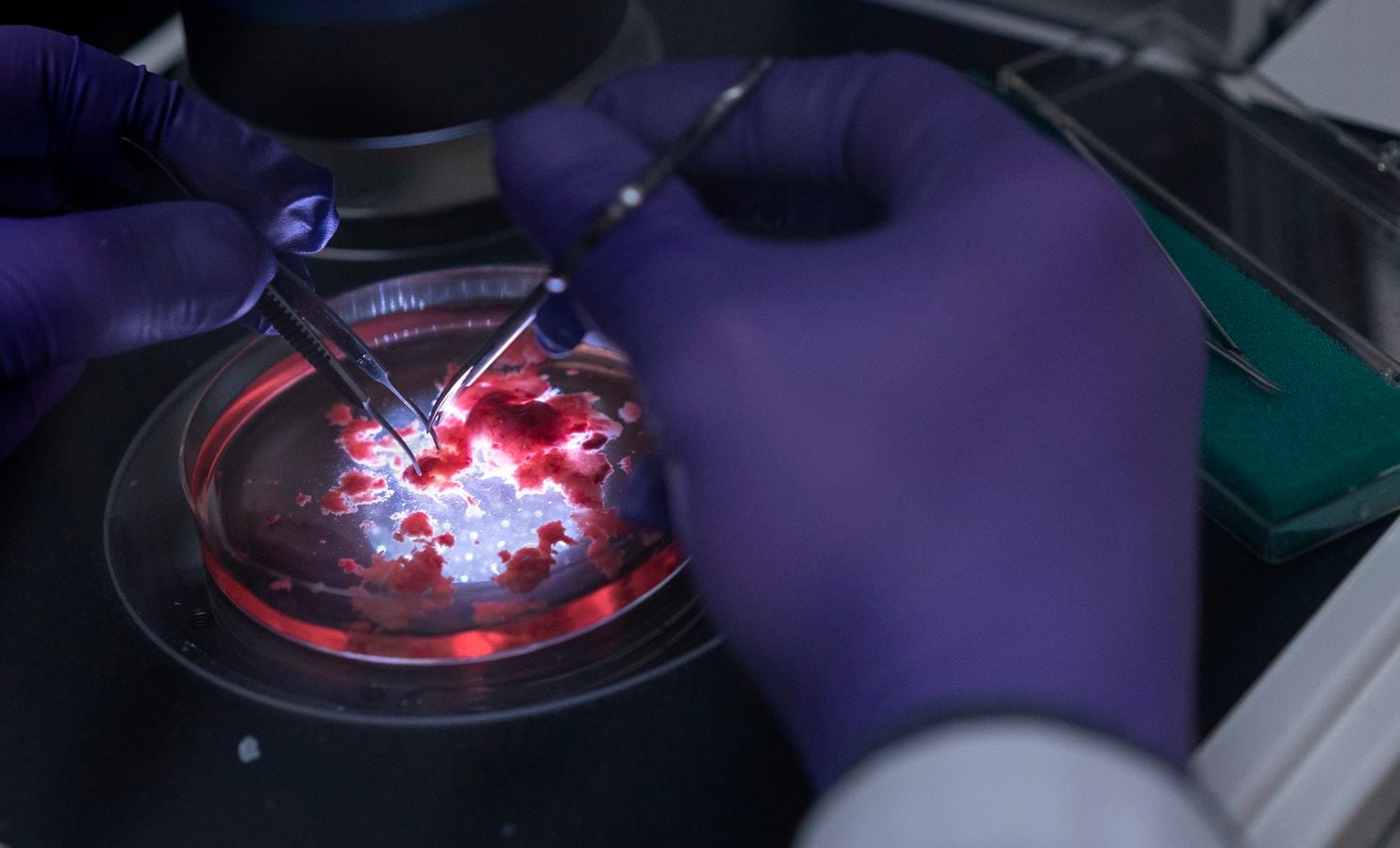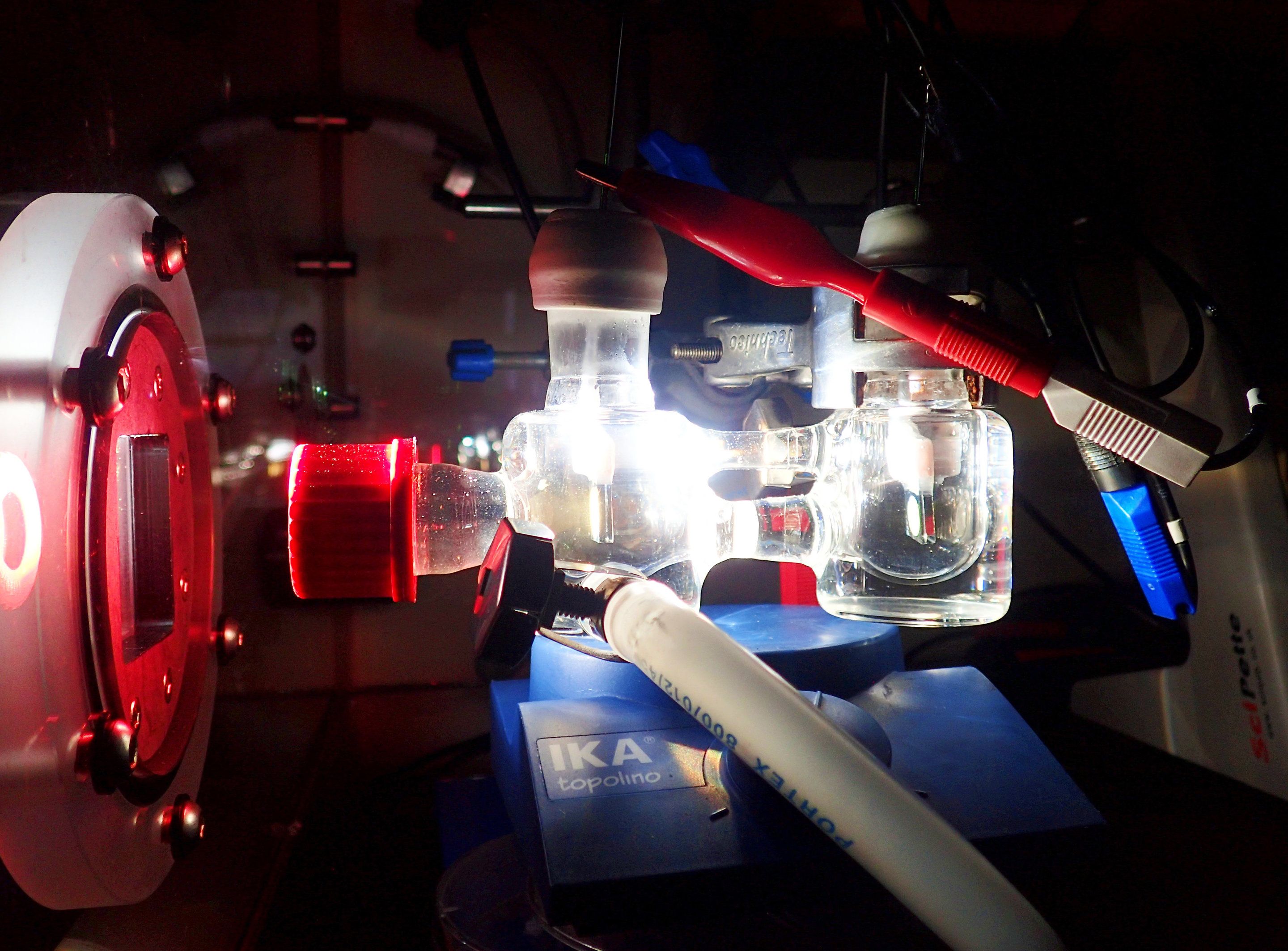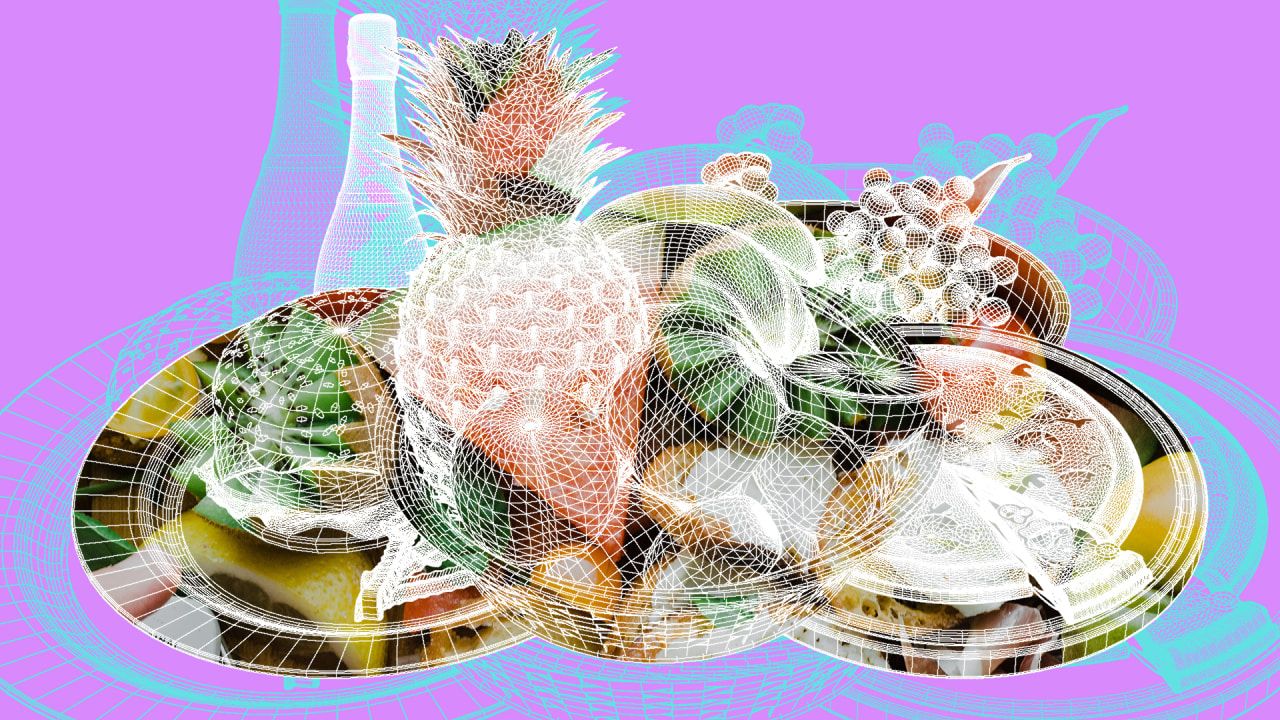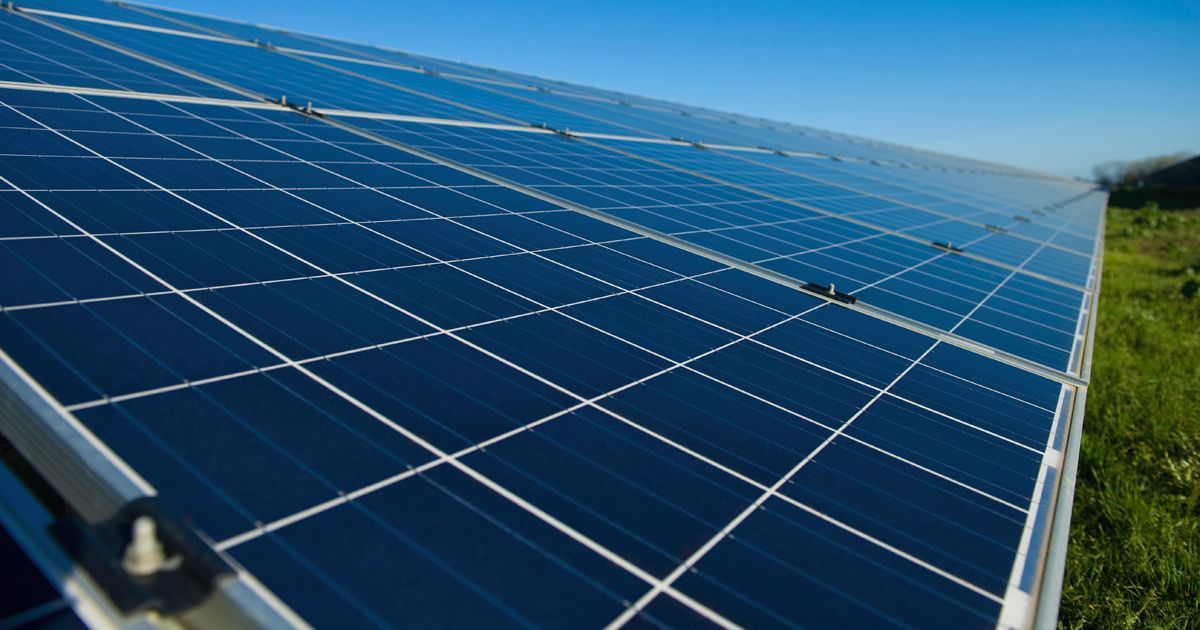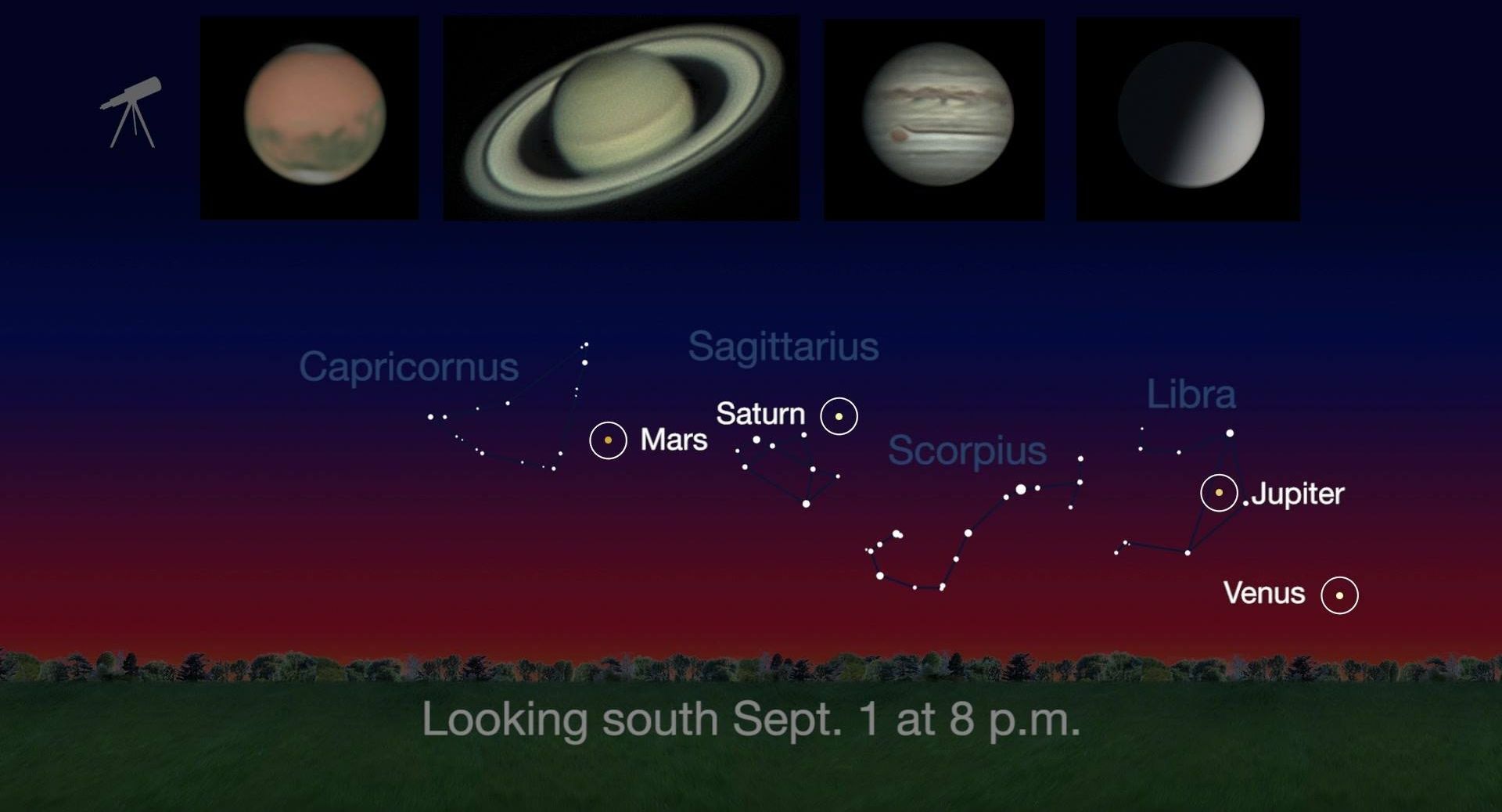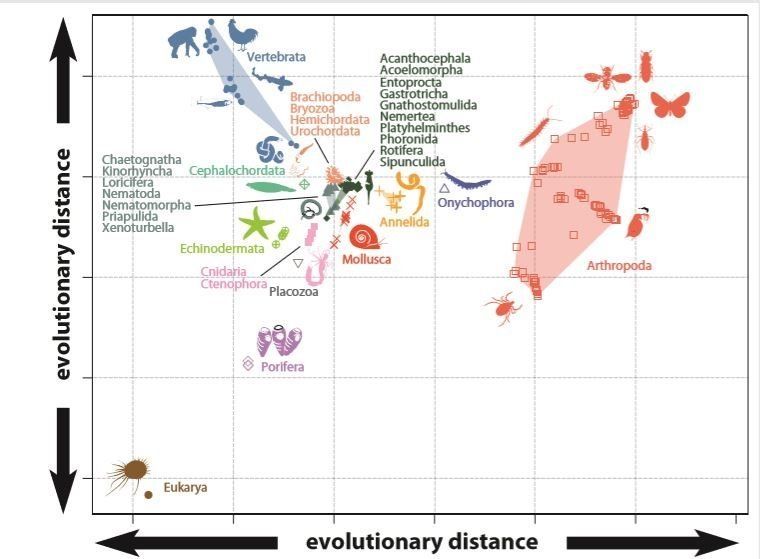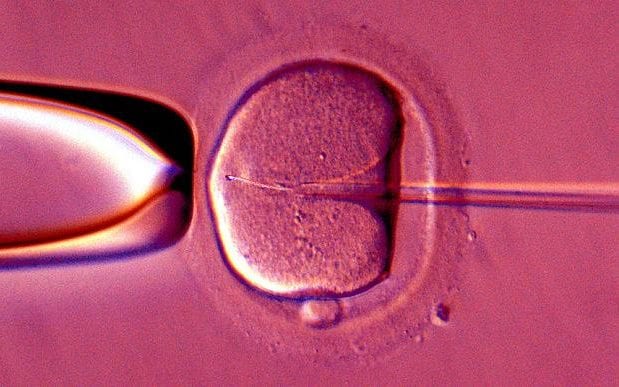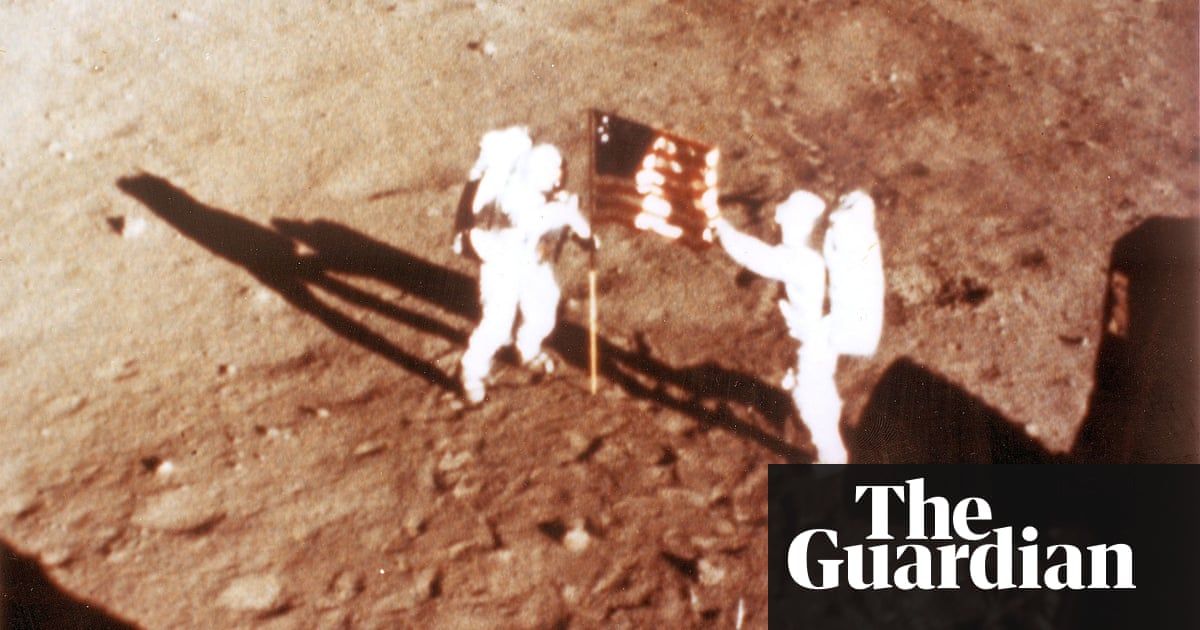Sep 4, 2018
Lab-grown brain bits open windows to the mind — and a maze of ethical dilemmas
Posted by Derick Lee in categories: ethics, neuroscience
At the moment, minibrains are far from anything approaching moral personhood in a dish, and the technology may never come close. But the rapid pace of progress on organoids has led scientists and ethicists to call for a public ethical discussion that can move in tandem with the research.
Human ‘minibrains’ are far from conscious, but scientists say it’s time to talk about ethics.
